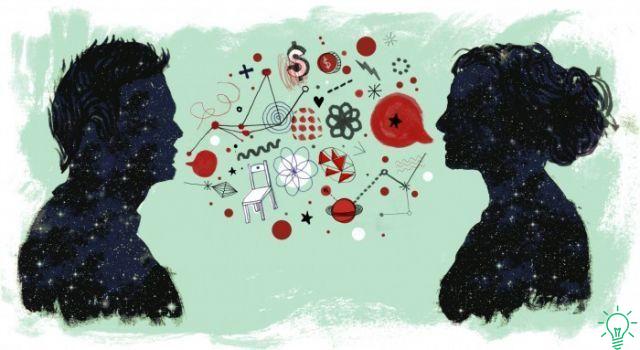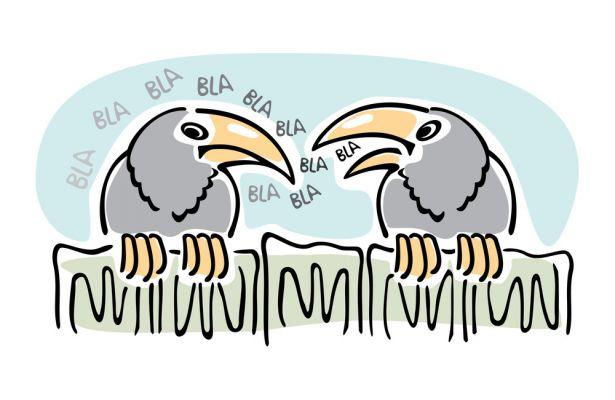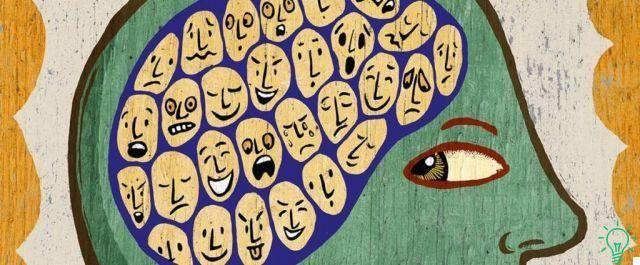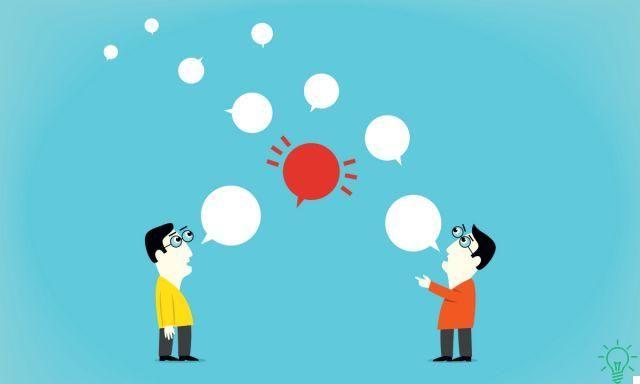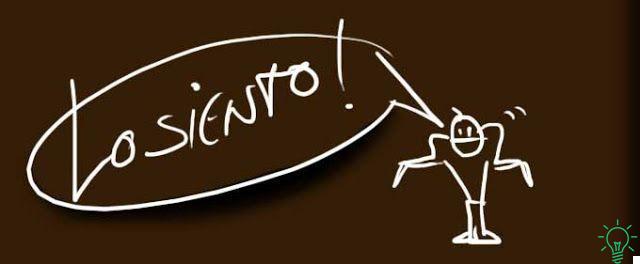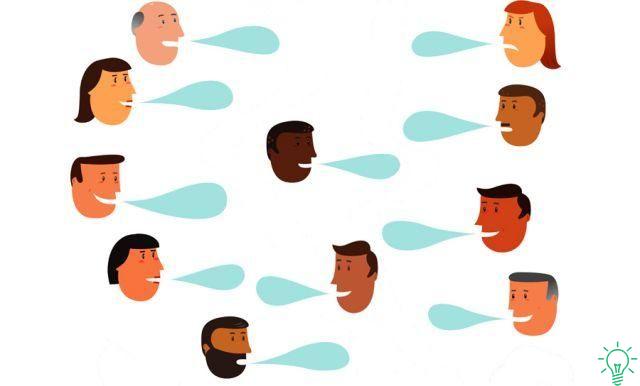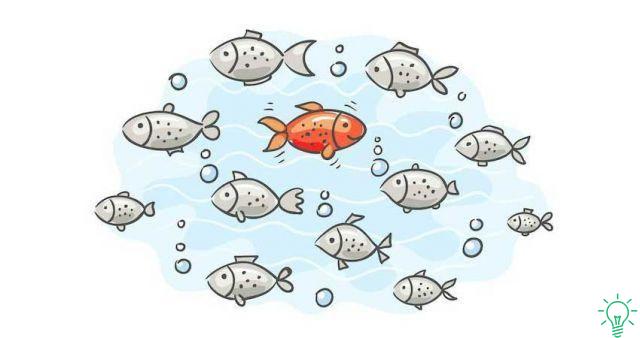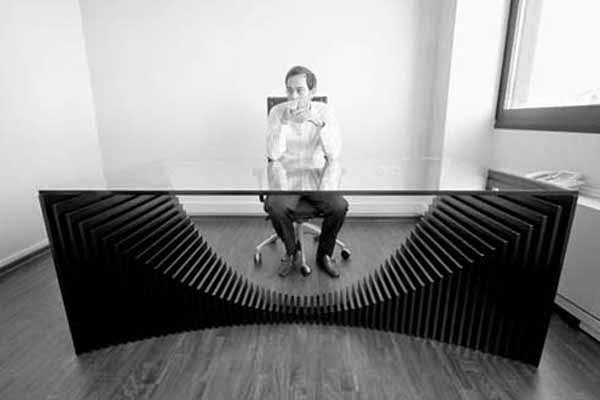
“We don't see things as they are, we see them as we are”, said the writer Anaïs Nin and psychology proves her right, especially when it comes to criticizing others. We believe that our assessments are objective, but the truth is that behind every judgment we make, our life experiences, values, expectations, desires and fears are hidden. Therefore, sometimes our judgments and criticisms say more about ourselves than about who we are judging or criticizing.
Tell me what you criticize and I'll tell you how you are
Criticisms don't have to be negative, but when they don't have a constructive intention or are disproportionate and generate an intense emotional response, they usually hide an inner problem, becoming a projection of our negativity or insecurity.
1. If we don't like someone irrationally ...
There are people whose attitudes and behaviors do not conform to ours and can generate rejection. It's normal. But if we don't like someone particularly intensely and we can't explain why, we're likely to feel threatened or just plain envious.
There are many reasons why we may not like someone, but when the level of contempt is disproportionate to the abusive behavior, it is likely that something else is happening in our psyche, even if we have a hard time admitting it.
This contempt is likely to stem from resentment or the idea that this person does not deserve the luck they have had. According to Abraham Tesser's maintenance model of self-assessment, we tend to feel threatened by the success of others, and we can sometimes respond by distancing ourselves emotionally and cognitively from that person so that we don't have to change some of our conceptions of the world.
In fact, we are more likely to negatively rate successful people who belong to a group outside of us when we feel our self-esteem is threatened. If we confront that person and lose, a defense mechanism can be activated to protect our ego, through disproportionate contempt or antipathy towards the other.
2. If we judge someone's personality based on a single behavior ...
Judging a person based on a single behavior may indicate that we have developed an independent "me" model that prioritizes internal motivation and autonomy. Conversely, those who are aware that a behavior is not an unambiguous and direct expression of the personality tends to focus more on social roles and context.
It was shown by a study developed at the University of Michigan in which psychologists showed participants a series of associated faces and behaviors, for example: a person checking the fire alarm every night before going to bed.
People who were quicker to relate that behavior to personality traits such as "neurotic" or "obsessive" also had a more independent image of themselves. Those who did not rush to draw conclusions based on behavior followed a more interdependent model in which they considered the influence of different factors on behavior. They might think, for example, that this person could control the alarm because there was a higher risk of fire in the area they lived in, instead of automatically thinking that it was a characteristic of their personality.
The problem is that those who have developed an independent personality model are more likely to make hasty conclusions about others, which can end up generating bias and affecting the relationship.
3. If you criticize those who lead a lifestyle different from yours ...
It is understandable that we disagree with some lifestyles, especially if they are too far from our values, but if the behaviors of others generate an intense emotional response, they are likely to hide doubts about our lifestyle.
We are all victims - to a greater or lesser extent - of what is known as "normative idealization", a phenomenon through which we assume that our state and lifestyle are ideal for everyone, which leads us to see who strays from more from that "norm" under a negative prism.
A study conducted at Stanford University, for example, confirmed that we tend to idealize our marital status in such a way that people in a long-term relationship believe it is better for everyone and associate it with more positive personality characteristics. , being, moreover, also inclined to trust more in those who entertain similar relationships.
The problem arises when other people are successful or feel happy with very different lifestyles than ours, because we can experience uncomfortable cognitive dissonance that would lead us to rethink our decisions. In order not to do so, we block that content and overreact to anything that strays from our canons. Therefore, deep down, these exaggerated criticisms could be the expression of an inner insecurity and a more rigid mentality that does not contemplate diversity.







